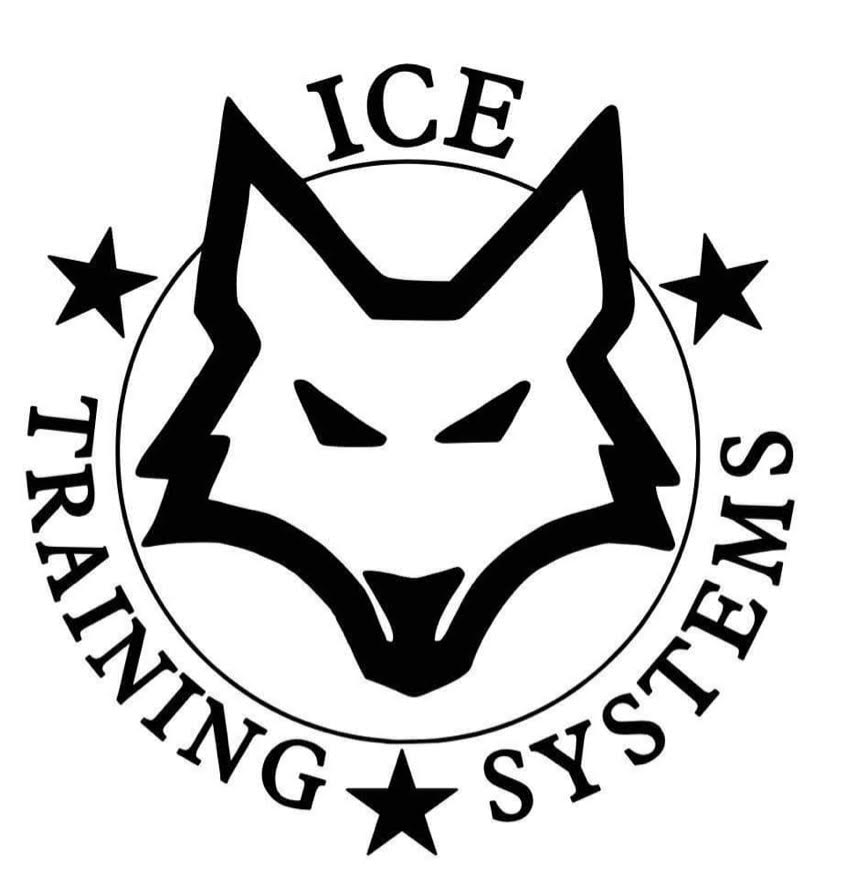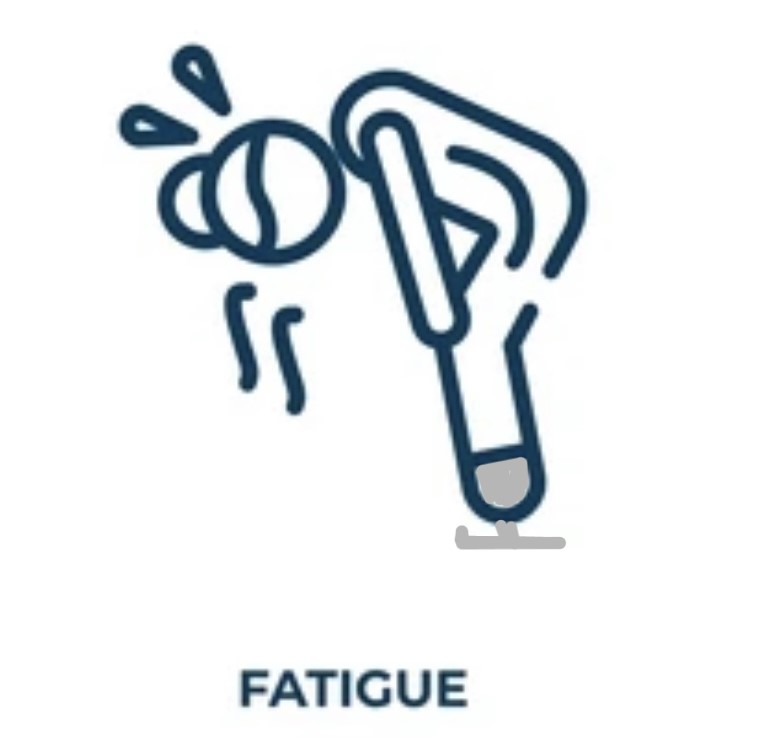Fighting the on-ice fatigue with off-ice training
Every skater at some point during their moment of performance and training has experienced fatigue. I call it the moment of no return, the moment when your body has used up all of its energy resources. It is normal for the competitive athlete to push themselves past their physical and mental limits to train. Lingering fatigue could be a warning sign and could cause stress and lost training time.
Establishing a plan
Having a good training plan for conditioning and mental preparation is vital for success. It is important to pace the training to coincide with the season. During qualifying competitions and major competitive events, a skater will start to incorporate the overload principle with exercises intended to improve the bodies fitness, strength, flexibility and function.
Coming up with a well thought out plan based on the skater's level, ability, age, strengths and weaknesses, on the ice performance is a great base line when establishing a training plan. Without a plan overtraining can happen and deplete a skater's progress causing them to become fatigued and for their progress to start declining.
How to avoid overtraining and have proper rest and recovery.
What is the definition of overtraining? "Overtraining occurs when an athlete doesn't adequately recover after repetitive intense training, and can include fatigue, declining performance and potential injury. it's admirable to train hard to succeed in your chosen sport." Like I always say to my skating students, your performance is just as good as your ability to recover!
Plan a healthy snack 30 minutes after every skating or workout session to replenish your muscles. continuous hydration throughout the day. Work on flexibility and rolling out muscles after skating or training. Using a foam roller is a great way to release muscle tension and stiffness. Engage low intensity movements after skating to relieve lactic acid buildup and hydrate with amino acids and electrolytes during skating/training to relieve muscle soreness.
Medical conditions that cause fatigue.
Being healthy is the most important factor for performance. There are many conditions that become overlooked such as exercise induced asthma. Exercise induced asthma is one of the most common struggles a skater faces, and many times they don't even realize they have it. What happens is the cold and dry air causes bronchoconstriction which will cause shortness of breath, sneezing, often times excessive coughing during and after skating or training.
Medical conditions like this can wreak havoc on an athlete. With the proper off-ice training and recovery a skater can improve their lung function. This is also why a proper warm up and regular exercise is important. Injuries can be more than wounds, bruises or broken bones. looking for the signs and monitoring your skater's performance can give a coach a guide on what to look for in an underlying condition that can be challenging a skater's progress and overall health.
Warning Signs of fatigue and how to overcome it.
As a coach/trainer, it is important to look for the warning signs. Is your student starting to become short tempered or moody. Are they hanging onto the boards having a hard time standing up and are exhausted or having difficulty breathing. Are they showing difficulty concentrating during lessons. Does your student show signs of muscle weakness or slow reflexes? Have they just lost their motivation entirely?
There are multiple ways to tell if your student is becoming fatigued or showing signs that they are struggling with a medical condition. Even a mental condition sometimes stress, anxiety or depression could be an underlying symptom that an athlete struggles with. Exercise, plenty of sleep, and the right diet can not only change and improve a skater's performance but also better improve their lives.

